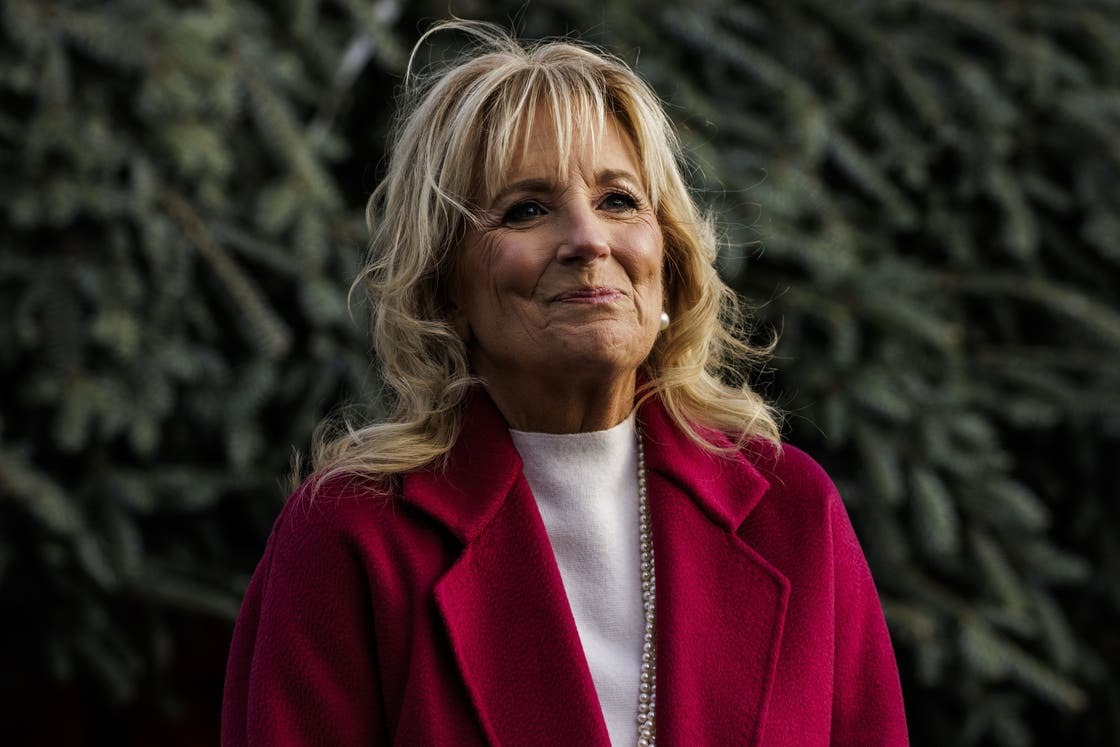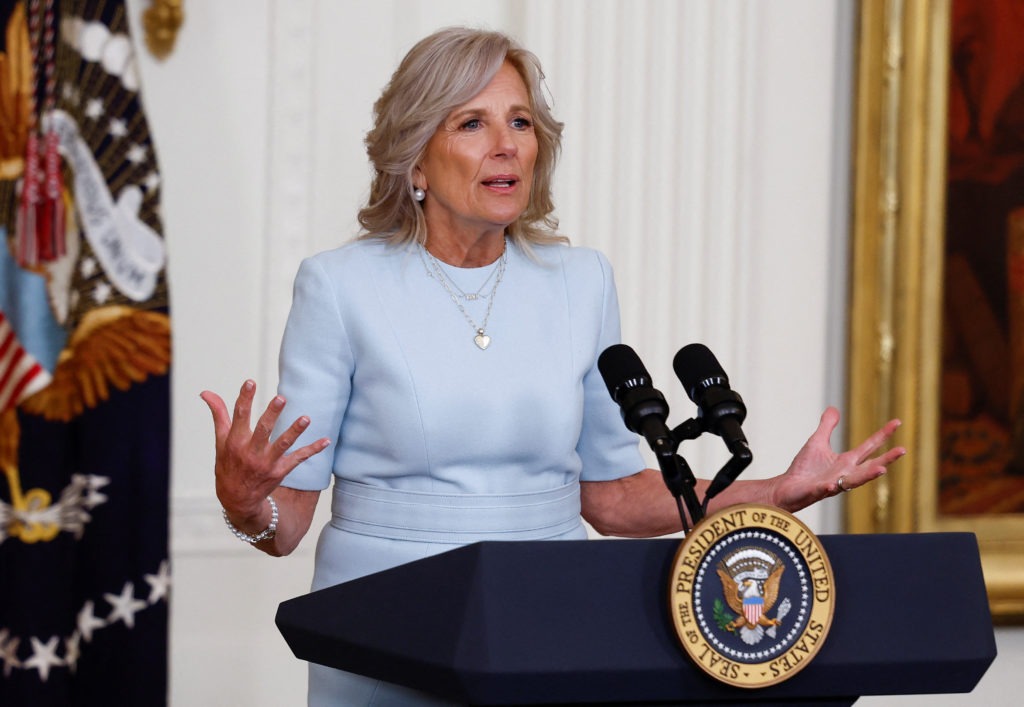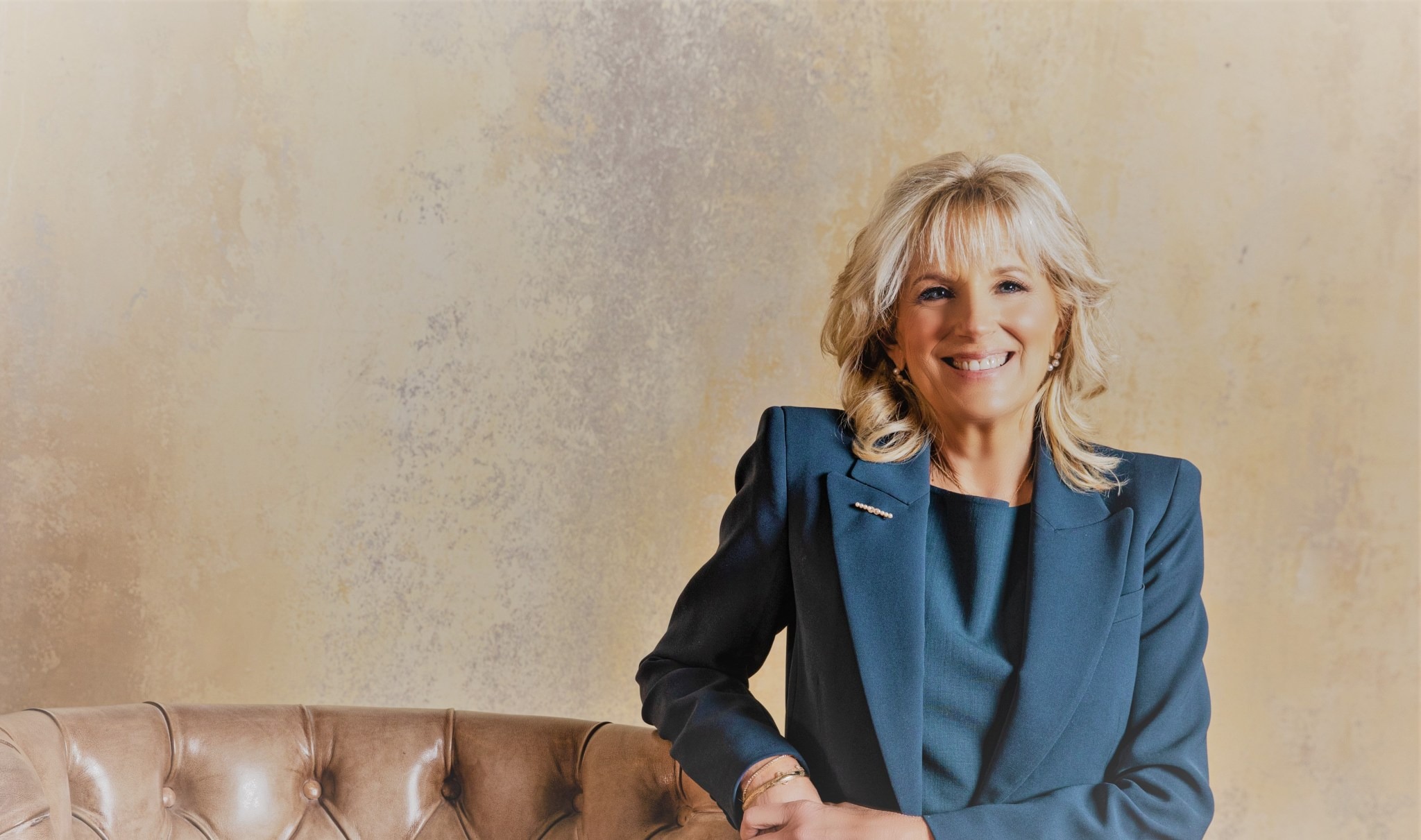Being the First Lady comes with its own set of unique challenges, as explored by Katie Rogers in her book “American Woman: The Transformation of the Modern First Lady.” Through her detailed account, Rogers traces the evolution of this role from Hillary Clinton to Jill Biden, highlighting how each woman has reshaped the position in her own way.
Hillary Clinton marked a turning point, with subsequent First Ladies like Laura Bush, Michelle Obama, Melania Trump, and Jill Biden further molding the role. Jill Biden, in particular, has brought a fresh perspective, balancing her professional life as an educator with her public duties, especially on issues close to her heart.
In a conversation with The 19th, Rogers delves into Jill Biden’s significant influence and her proactive stance in the upcoming 2024 election. Expectations are set for Biden to increase her visibility, especially at fundraisers and healthcare centers, addressing the impacts of Republican policies on women’s health.

US First Lady Jill Biden (Credits: NZZ)
Her direct criticisms of Donald Trump, particularly regarding his stance on Roe v. Wade and his derogatory remarks about women, showcase her intent to keep him accountable, leveraging her position to rally support for reproductive rights among Democrats.
Rogers illuminates the First Lady’s deep-seated aversion to Trump. She views him as a direct threat to democracy and the American lifestyle. This sentiment fuels her determination to vigorously support her husband’s reelection campaign, emphasizing the urgency of countering Trump’s influence.
Jill Biden’s role in articulating the stakes of the election and her capacity to connect with American voters on critical issues like abortion rights are underscored. Her clear stance and personal narratives provide a stark contrast to President Biden‘s more reserved approach due to his religious beliefs and personal discomfort with the topic of abortion.

First Lady Jill Biden (Credits: PBS)
Yet, both Bidens advocate for the privacy and rights of individuals to make their own health decisions, aligning with broader American sentiments favoring reproductive rights.
The First Lady’s ability to discuss these matters from a deeply personal perspective, including her support for a friend who had an abortion before Roe v. Wade, offers a poignant insight into the consequences of restricting access to abortion services.
Her experiences bring a unique and powerful voice to the discussion, differentiating her approach from the President’s and further emphasizing the personal impact and importance of maintaining reproductive rights.























